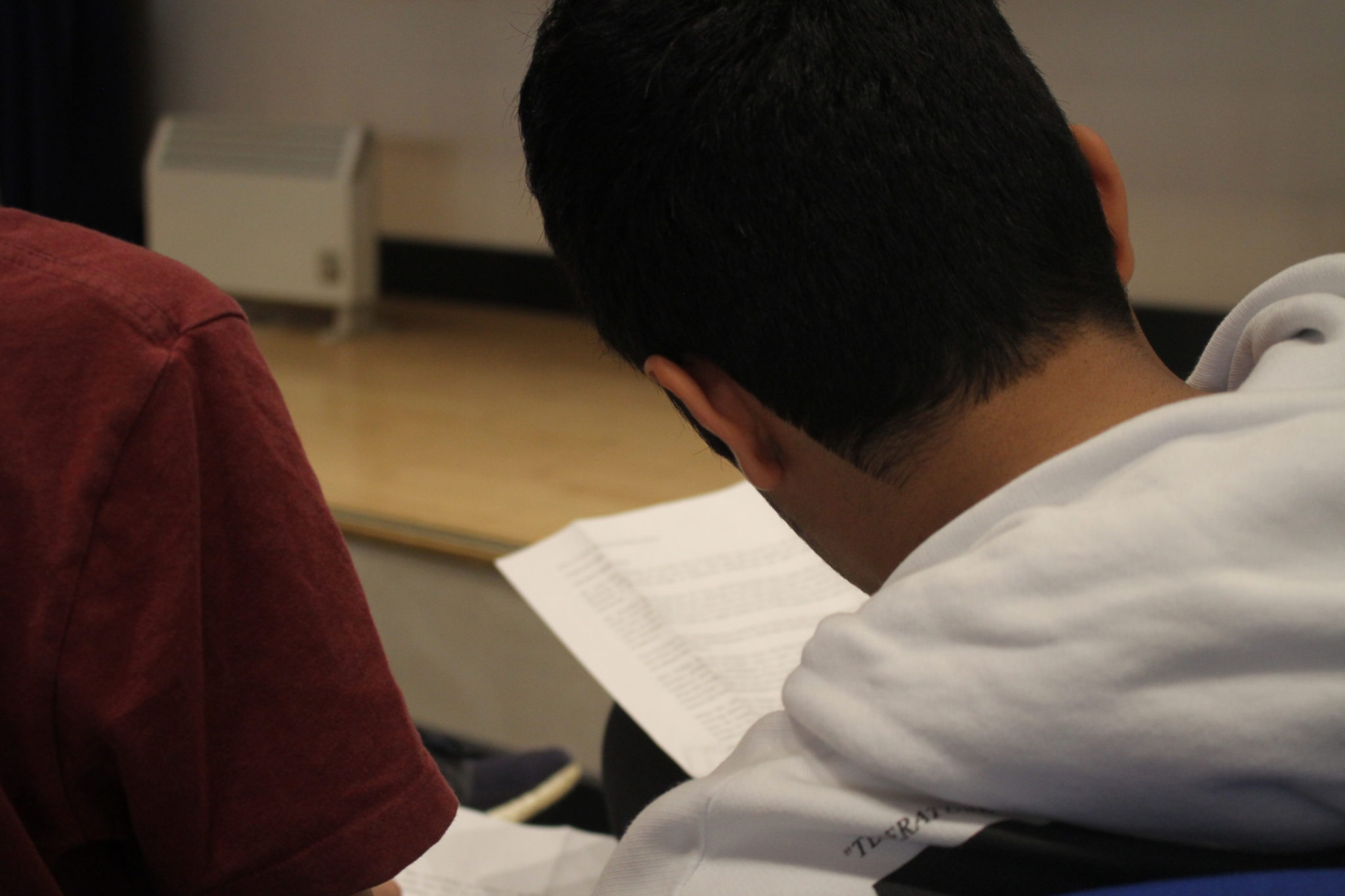Newest member of the Reach Cambridge year-round team, Luke, gives you some pointers on how to write a good essay. (Luke has a BA from the University of Cambridge in Classics, so we reckon he knows his stuff!)

focus…
Whether it be in school or university, the skill of how to write a good essay is a very useful one to learn. In your academic pursuits, you may be asked to write all manner of different essays: ones with word limits, ones that require a huge bibliography… Don’t even get us started on timed essays! Of course, every essay is different, and you will need to go about writing them differently depending on subject or audience, but in this blog, we’re going to provide some general tips that will form the backbone of most essays.
Ask the Question
The first order of business is always to tackle the question. Think about what kind of answer the question is expecting.
- Is it a yes or no question? (HINT: no essay will ever have such a straightforward answer!)
- Is it a ‘to what extent…’ question?
- Is the wording of the question provocative? (e.g. ‘Shakespeare’s portrayal of female characters is the weakest element of his writing. Discuss.’)
Before you put pen to paper for any essay, it’s a good tactic to take a few minutes to go over the question carefully, highlighting any key words and really thinking about what kind of answer the question is expecting. That way, you know what expectations you’re being asked to meet in the body of your essay. Moreover, if you feel confident enough, you also know exactly how to surprise your teacher/professor by subverting these expectations!
Structure: Hamburgers and Peel
One of the most important aspects of essay writing is having a structure that is clear, concise, and keeps the reader engaged the whole way through. A typical essay structure is like a hamburger, keeping the main meat of your argument wedged nicely between two lighter supports:
Introduction–
Your first couple of sentences should use your knowledge of context and understanding of the question to focus the essay. One tactic I have picked up is to have the ‘thesis’ (the statement that is the entire argument of your essay) at the end of the very first paragraph. As my professor once told me, ‘if you issue a bold opening statement, your reader will be compelled to continue just to see how you hope to support it’.
Main Body –
This is the longest part of your essay, and will consist of paragraphs arguing for and against the thesis you have made in your introduction. It’s important, even if you feel strongly about your answer to the question, to acknowledge alternative viewpoints in your essay, since it shows you have considered both sides of the argument. A good balance of main body paragraphs might be three reasons FOR, two reasons AGAINST, and you can alternate these however you think fits best.
Each of your main body paragraphs should start with a point that addresses the question. You should then provide evidence to back up your claim (this could be from textual sources or even from pictures or pieces of art). The final sentence should link the paragraph back to the initial thesis you made, since that way your reader will see that your essay has a clear focus and won’t get lost. You may have heard the acronym P.E.E.L.? Point, Evidence, Explanation, Link!
Conclusion –
Your final paragraph should sum up the arguments you have made and use them to give a final verdict on the answer of the question. You may be finishing strong. For example, if you do end up arguing FOR, it’s worth suggesting how the arguments you made AGAINST are insignificant in comparison. Of course, it’s always acceptable and often wise to have a more nuanced concluding answer that is somewhere in the middle of FOR and AGAINST, since essay questions can sometimes be on complex issues that have no easy answer. However, I personally find it fun to read up on material for my essay so much that I actually start forming strongly-held opinions of my own on something (e.g. my opinion that Classics is the best subject ever), so I want to make as clear a case as I can!
In Conclusion…
Though it may be cliché, the number one thing to remember is that practice makes perfect! Keep writing essays for school/ university – even write some extras on topics that really interest you – and you’ll soon discover your own style. One size rarely fits all, but with this structure firmly under your belt, not only will you increase your confidence and finesse under timed conditions, you’ll find shaping new responses easier with every try. Happy essay-writing!


